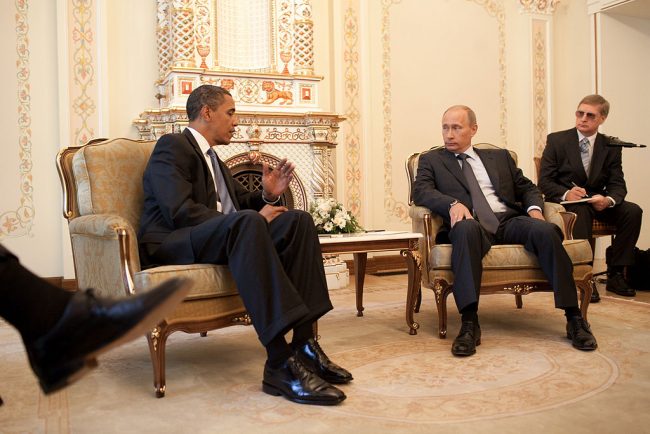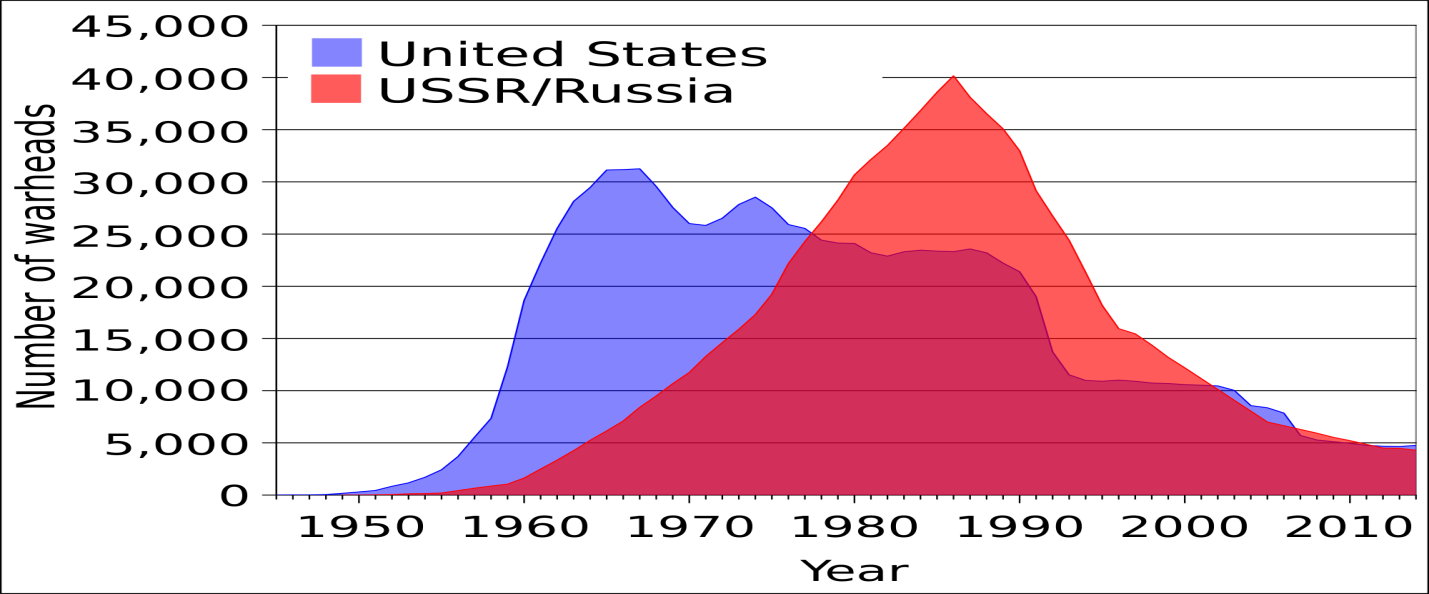
By Sidra Ajaib Kayani
One of the most significant ventures to be taken towards Global Zero is generation of political will by all nuclear weapons states. Subsequently, if all atomic weapons state promises to eliminate their arms stockpiles, this will set the required energy for the vision Global Zero. Because almost all nuclear weapon states support the idea, however the ground reality is that this support is theoretical only. The subsequent part holds assessment in regards to disarmament strategies of two major states, also uncover the way that nuclear weapon states are leading a two-fold edge approach as concurrently speaking in favor of worldwide zero, but on the other hand also improving and modernizing their nuclear powers.
President Obama, during his election campaign has shown keen interest for ‘a nuclear weapons free world’ but on the other hand Obama’s Prague speech itself demonstrated U.S dual policy towards disarmament as on the one hand Obama commits their loyalties of the world with zero nuclear while on the other hand, he also offered extended deterrence to the people of the Czech Republic, a new member of NATO. Despite Obama’s positive approach towards Global Zero, this offer to the Czech Republic, raises questions that, such as if other states like Czech Republic join NATO then what will be the strategy of the USA? This illustrates contradiction between the verbal premises of US towards disarmament and also demonstrates the political value of nuclear weapons.
Talking about the Russia’s political determination towards nuclear elimination it is manifested that earlier under the administration of President Medvedev and presently, the administration under President Putin, both adopted the policy of nuclear modernization. Because Russia is concerned about the US missile defense plan as well as with the NATO expansion towards Eastern Europe and US provided “extended deterrence” to these countries. Realizing the inadequacy of its conventional forces against the perceived threats, Russia’s political will towards nuclear elimination will remained tied with US moves. Therefore it may be difficult to question Russia’s reliance on its nuclear weapons.

There is a general perception among other nuclear weapons states that they will come to table once the US and Russia substantially reduces their arsenals. Since US and Russia possess larger shares of nuclear stockpiles, the US and Russia will have to lead from the front and further reduce nuclear stockpiles and decrease reliance of nuclear weapons to a level where the other nuclear weapons states feel comfortable, if they want to take nuclear disarmament ahead in meaningful way but unfortunately as of today the international political environment is not conducive due to the situation in Ukraine and elsewhere.
To sum up, after assessing the attitude of two major nuclear powers US and Russia, it is easy to predict that although nuclear weapons states vocally supports the Global Zero goals but in practice lacking seriousness to adopt the initiative because of their heavy dependency on nuclear weapon in their defense policies to achieve their global political objectives. In this way, it is quite clear that there is less probability that nuclear weapon states apart from theoretical explanation will work for actual Global Zero. It is also acknowledged that the strategic and political arrangements for the disposal of nuclear weapons require sustained efforts and resources for quite a long period of time. Keeping the limitations in mind, the Global Zero movement needs to expand its efforts to convince states, having nuclear arsenal, to minimize the number of their nuclear arsenal. Presently, the competing strategic interests of nuclear weapons states are causing complexities to gain the desired political will.




